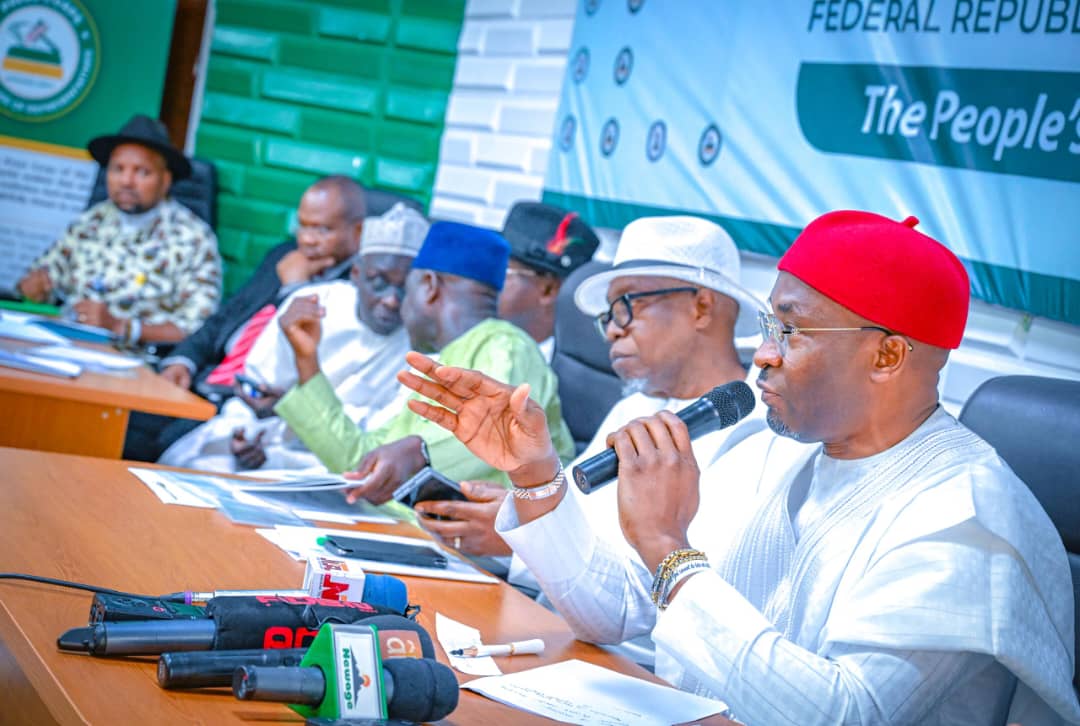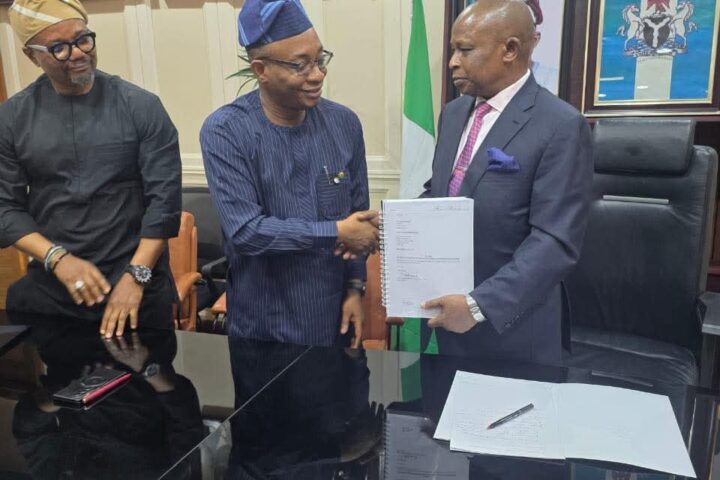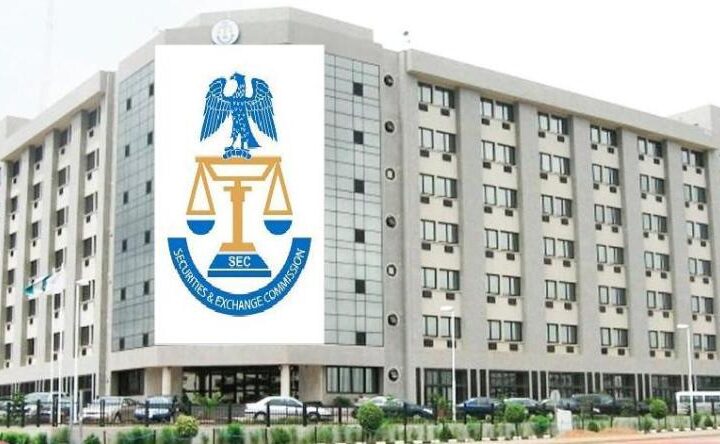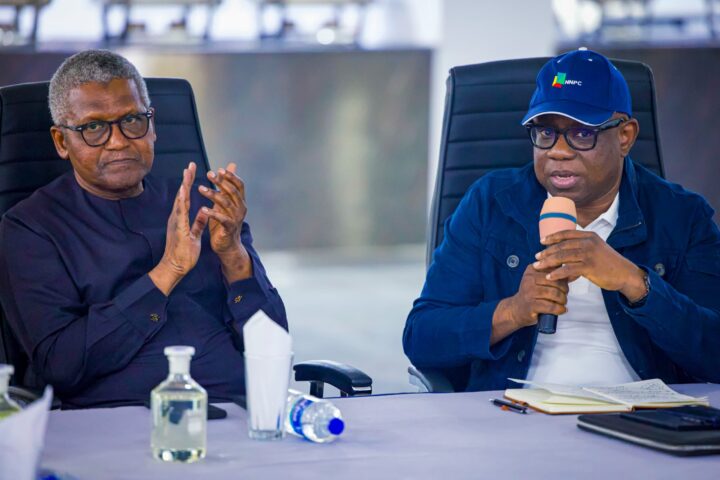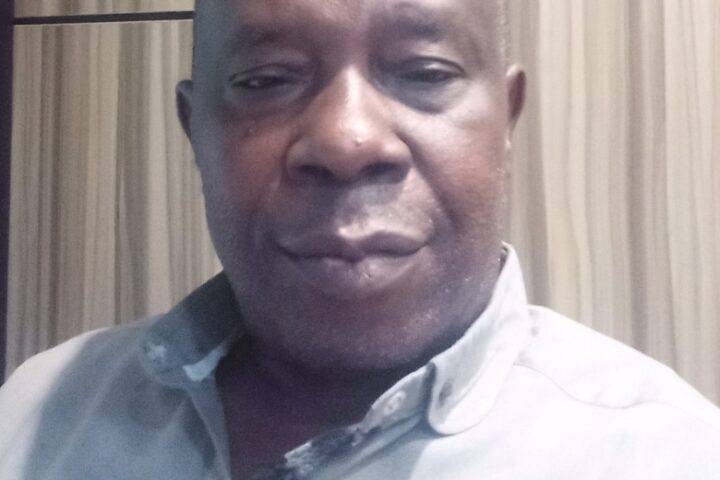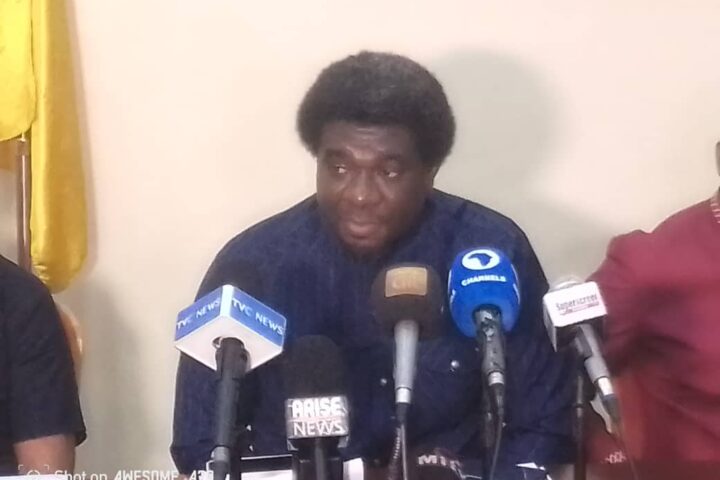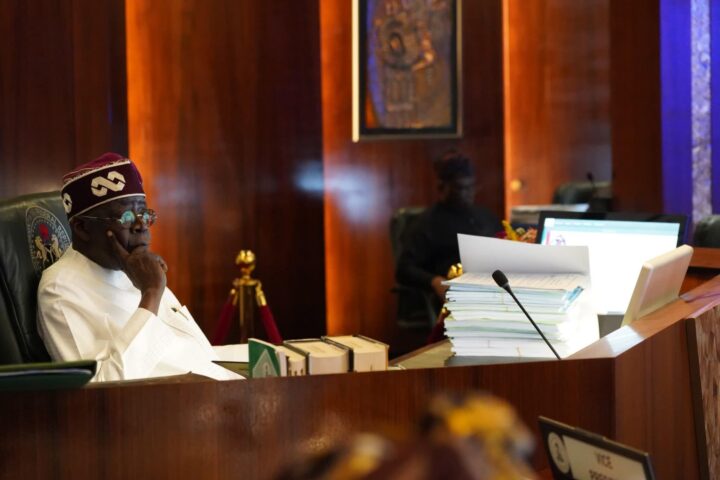The House of Representatives has announced the official schedule for zonal public hearings across the six geopolitical zones of Nigeria, as part of efforts to amend the 1999 Constitution.
At a press briefing in Abuja, Deputy Speaker of the House and Chairman of the Constitution Review Committee, Rt. Hon. Benjamin Okezie Kalu, emphasized the import of public involvement in the constitutional reform process.
“Our Constitution begins with the words ‘We the People of Nigeria,’ and it is only right that the amendment process reflects this principle,” he stated.
According to the timetable, the hearings will take place in two phases.
The northern hearings are scheduled from Friday, July 11 to Sunday, July 13, 2025, while the southern leg will run from Friday, July 18 to Sunday, July 20, 2025. A national public hearing will follow in Abuja on Monday, July 21, 2025.
Designated Zonal Centres
In the North Central zone, Minna will cater to residents of Niger, Kwara, and Kogi States, while Lafia will serve those in Nasarawa, Plateau, Benue, and the Federal Capital Territory. The North West zone will hold hearings in Kaduna (for Kaduna, Kano, Katsina, and Jigawa States) and Sokoto (for Sokoto, Zamfara, and Kebbi States).
For the North East, venues are Gombe (for Gombe, Bauchi, and Taraba States) and Maiduguri (for Borno, Yobe, and Adamawa States). In the South South, hearings will take place in Yenagoa (for Bayelsa, Edo, and Delta States) and Calabar (for Cross River, Rivers, and Akwa Ibom States).
The South East zone will use Enugu to accommodate Enugu, Ebonyi, and Anambra States, while Owerri will cover Abia and Imo States. For the South West, Lagos will host stakeholders from Lagos, Ogun, and Oyo States, with Akure covering Ondo, Osun, and Ekiti States.
Kalu announced the publication of a simplified compendium of all constitution amendment bills under consideration in order to support informed participation.
It summarizes the key themes, titles, and highlights of the proposed changes and can be accessed at www.hccr.gov.ng.
He said:“This publication is intended to simplify the process and make legislative content more accessible,” Kalu explained. “We want citizens to understand the issues, engage constructively, and contribute meaningfully.”
He hinted that among the critical areas up for review are judicial and electoral reforms, legislative effectiveness, power devolution, institutional reforms, fiscal federalism, gender equality, inclusive governance, local government autonomy, national security, recognition of traditional institutions, and the possible creation of new states and local councils.
He noted that gender-related provisions have been carefully integrated into broader reform themes to ensure equality and inclusiveness.
He lauded the media for its pivotal role in fostering civic awareness and accountability, noting that journalists were the first to receive the amendment compendium as a testament to their watchdog function in a democracy.
He also disclosed plans to organize strategic dialogues with media executives and editors to deepen understanding and improve reportage of the review process.
Speaking on concerns about the fate of past constitution review efforts, Kalu emphasized that constitutional reform is a continuous journey essential to any democratic society.


